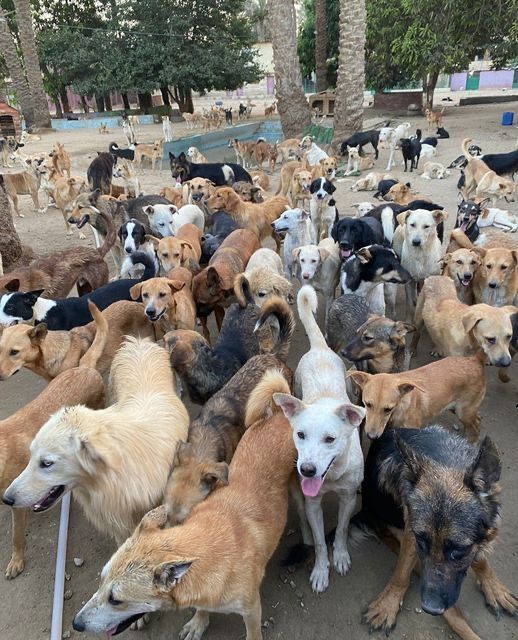A fresh debate on public safety and animal management has reached the Andaman and Nicobar Islands after Hindu Rashtra Shakti called upon the administration to urgently implement the recent Supreme Court judgment on stray dogs. The organisation submitted a representation to the Lieutenant Governor, Chief Secretary, and Deputy Commissioner of South Andaman, seeking immediate alignment with the apex court’s directives.
On August 11, 2025, a Supreme Court bench comprising Justices J.B. Pardiwala and R. Mahadevan delivered a judgment in the suo motu case In Re: City Hounded by Strays, Kids Pay Price. The court ordered the permanent removal of stray dogs from Delhi-NCR, directing that they be captured and relocated to government-approved shelters within six to eight weeks. The ruling was prompted by a spate of dog attack incidents, particularly on children, and the rising prevalence of rabies in India. Official data shows that the country accounts for 36 percent of global rabies deaths annually.
In its appeal, Hindu Rashtra Shakti pointed out that the Andaman and Nicobar Islands face similar challenges, with stray dogs posing risks in both residential areas and tourist hotspots. Locations such as Carbyn’s Cove Beach, Marina Park, JNRM, Flag Point, Dollygunj, and Bathu Basti were highlighted as areas where stray populations have become a public concern. The group urged the administration to act swiftly, warning that unchecked populations could endanger public safety, affect tourism, and strain healthcare systems.
The Supreme Court’s ruling explicitly overturns provisions of the earlier Animal Birth Control (ABC) Rules, which required sterilized dogs to be released back into public spaces. The court observed that sterilization alone had failed to resolve the issue, noting that even sterilized dogs often displayed territorial aggression. Instead, the judgment mandates that all captured dogs, sterilized or not, must be relocated permanently to shelters. These facilities are required to provide food, water, medical treatment, and CCTV surveillance to ensure humane management.
For the islands, this would mean a significant expansion of existing infrastructure, including the establishment of dedicated shelters across districts and the creation of a task force to oversee capture and relocation. Hindu Rashtra Shakti urged the administration to allocate funds for shelter construction and maintenance, coordinate with municipalities and NGOs, and launch awareness campaigns to address public concerns.
The judgment has sparked strong debate across the country, with public safety advocates welcoming the decision while animal welfare groups have expressed concern about the feasibility and welfare implications of large-scale confinement. However, the Supreme Court underscored that under Article 21 of the Constitution, the right to life and safety must take precedence. The bench also criticised municipal negligence, holding local bodies accountable for failing to address what it described as a “menace” that endangers communities.
In the context of the Andaman and Nicobar Islands, where both ecological balance and public health are critical, the petitioners argued that a structured approach combining vaccination, sterilization, and permanent sheltering would mitigate risks without resorting to culling. They said that proactive steps now would prevent escalation of conflicts and provide safer environments for residents and visitors alike.
The appeal concluded with specific recommendations, including the formalisation of a multi-agency task force, earmarking of budgetary support, and awareness drives to ensure smooth implementation. By aligning local action with the Supreme Court’s timeline, the islands could set an example in humane yet effective stray dog management, the organisation argued.
As the administration weighs its response, the issue is likely to trigger broader discussions on how island communities can balance animal welfare with pressing concerns of public safety, tourism, and healthcare. The coming weeks may determine whether the Andaman and Nicobar Islands adopt the court’s model or seek region-specific adaptations in managing the growing stray dog challenge.






